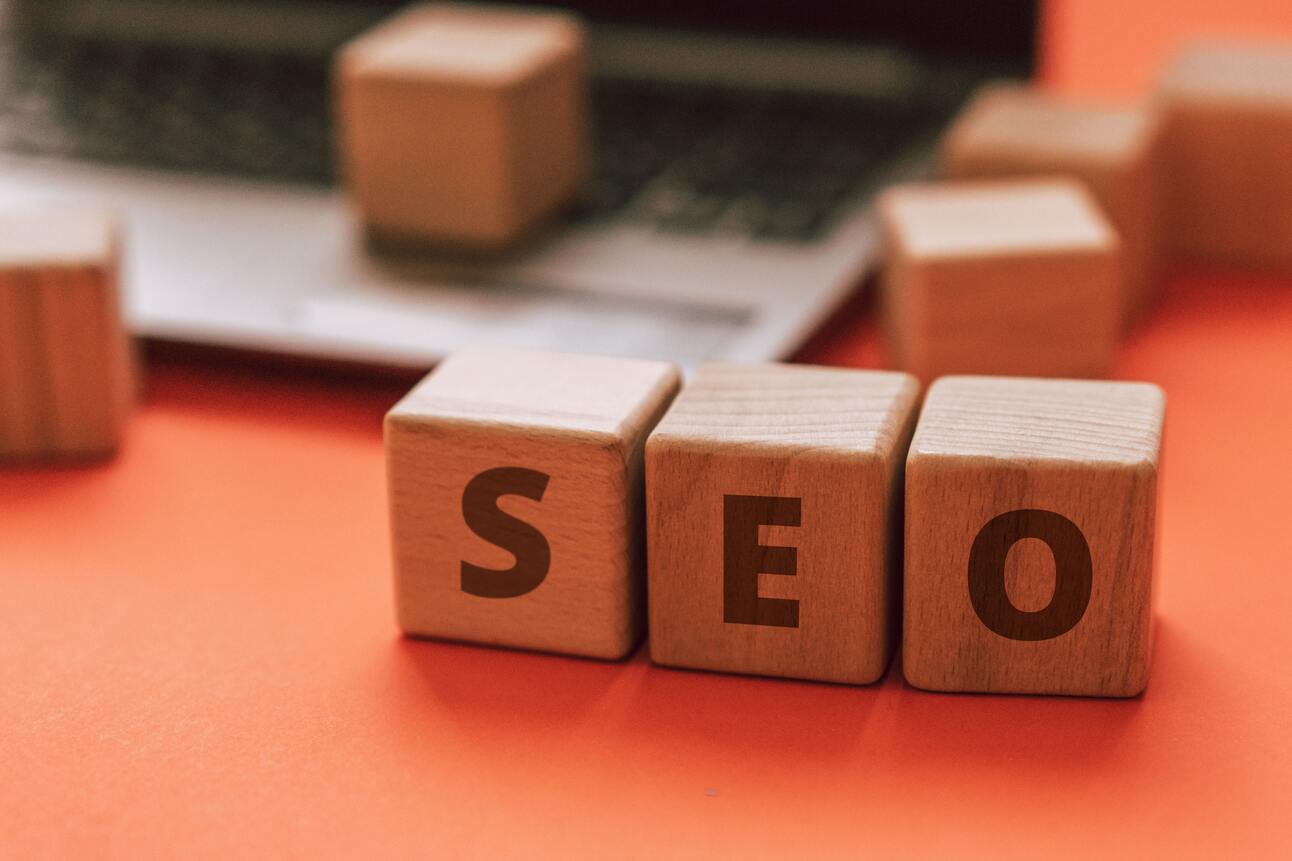- Be Remarkable With PG
- Posts
- Unleashing the Power of SEO
Unleashing the Power of SEO
And How it Can Contribute to Your Business Success
Have you ever wondered how certain websites pop up on the first page of your Google search? Or why some businesses enjoy more visibility than others online? The answer is Search Engine Optimization (SEO). As we delve into the digital age, understanding SEO has become essential, especially for small businesses.
SEO is a marketing strategy that makes your website more discoverable on search engines. It is the art and science of enhancing your site's visibility, positioning it favorably on search engine result pages (SERPs). Google, Bing, Yahoo, and other search engines use algorithms to rank websites based on their relevance and usefulness to users. SEO harnesses these algorithms by optimizing your site for factors the algorithms consider, such as keywords, site design, and backlinks.
Why is SEO important? In a digital world where 93% of online experiences start with a search engine, a high ranking on SERPs is a golden ticket to visibility. Most users do not scroll past the first page of their search results, so being among the top results can significantly increase your website's traffic. More traffic translates into higher brand exposure and a greater probability of conversions and sales.
SEO is a crucial tool for small businesses. It offers a level playing field in the digital landscape, where a well-optimized website can compete with larger, more established companies. SEO can significantly boost your business’s online visibility, irrespective of its size, making it an invaluable tool in your digital marketing arsenal.
But how can you leverage SEO for your small business?
Understanding and Using Keywords
Keywords are the building blocks of SEO. They are words or phrases that internet users type into search engines when searching for products, services, or information. By identifying the keywords relevant to your business and incorporating them into your website's content, you make it easier for search engines to understand your site and rank it accordingly.
However, keyword use isn't just about quantity. Search engines, especially Google, have evolved to prioritize quality. Stuffing your content with keywords can actually harm your SEO. Instead, focus on creating valuable, informative content that naturally incorporates your chosen keywords.
Optimizing Your Website Design
A well-structured, fast, and mobile-friendly website is not only user-friendly but also appealing to search engines. Google, for example, uses mobile-first indexing. This means it predominantly uses the mobile version of your site for indexing and ranking. A mobile-friendly site can significantly improve your SEO, as more users are now searching on mobile devices than on desktops.
Additionally, a site's speed and user experience significantly impact your ranking. Slow loading times and poor navigation can deter visitors and prompt search engines to lower your rank. To prevent this, ensure your website design is clean, easy to navigate, and quick to load.
Building Quality Backlinks
Backlinks, links from other websites to your own, are a crucial factor in SEO. They serve as endorsements, telling search engines your website provides valuable content. However, not all backlinks are created equal. Links from reputable, high-authority sites hold more weight than those from low-quality sites. Therefore, focus on building high-quality backlinks through strategies such as guest blogging and content creation that others want to share.
Creating High-Quality Content
Finally, remember that content is king. High-quality, original, and engaging content is the cornerstone of good SEO. Regularly updating your website with fresh content tells search engines your site is relevant and active, which can positively affect your ranking. More importantly, quality content keeps users engaged, encouraging them to spend more time on your site and return in the future.
SEO may seem daunting at first, but its potential benefits for small businesses are immense. It's an investment of time and resources that can significantly increase your digital visibility, drive traffic to your site, and enhance your business's online success. By understanding SEO basics - keywords, website optimization, backlinks, and content creation - you're already on your way to harnessing the power of SEO for your small business.
As the digital landscape continues to evolve, so does SEO. It's crucial to keep up with these changes to stay ahead. But remember, SEO isn't about instant gratification. It's a long-term strategy that, when done right, can yield significant, sustained benefits for your small business. So start optimizing today and unlock the full potential of SEO for your small business.

Reply